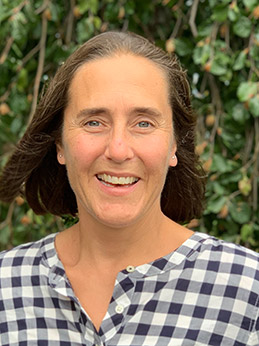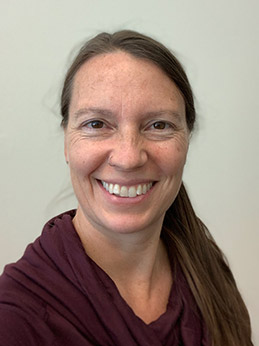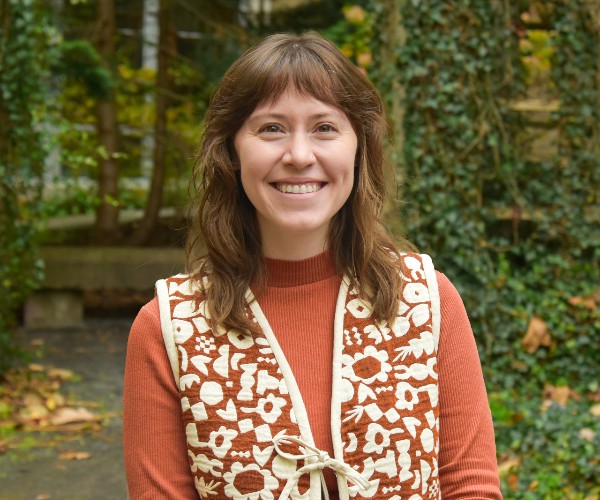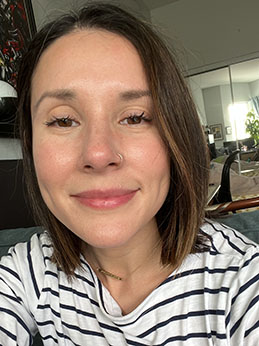Research Data and Open Scholarship (RDOS) supports the Cornell community in managing and sharing research outputs.
We facilitate ethical stewardship of research and scholarship and work to make scholarly outputs “as open as possible, as closed as necessary.”
Research Data Services
RDOS provides training, consultations, and infrastructure to help Cornell researchers manage and steward research data with the services and resources listed below:
Data stewardship consultation and instruction
- working with data throughout the life cycle
- Tools we support:
- Open Science Framework(OSF)
- LabArchives electronic lab notebook
- DMPTool
Data curation and sharing support
- Data Curation Network membership
- Data curation services
Cornell Data Services (CDS)
- Leadership and engagement in campus-wide Cornell Data Services group
- Website and educational resources for working with data throughout the life cycle
- Monthly newsletter with data-related tips, trainings, research data policy updates and more
- Cornell Data Storage Finder
- Cornell services: comprehensive list of data-related services from campus providers
- Data management and sharing plans (DMSP)
- Funder data requirements for top Cornell funders
Open Scholarship Services
RDOS provides training, consultations, and infrastructure to support open scholarship at Cornell.
Persistent Identifier (PID) Creation, Management and Support
PIDs make research and scholarship more findable, accessible, interoperable, and reusable (FAIR).
- ORCID (Open Research & Contributor iD)
- A free and unique persistent digital identifier for researchers
- DOI (Digital Object Identifier)
- A unique persistent digital identifier for any object: physical, digital, or abstract
eCommons Open Access Repository Services
- eCommons provides long-term access to Cornell-related digital content, including documents, research papers, images, data, code and software, electronic theses and dissertations (ETDs), and more.
- DSpace leadership
- DataCite membership
Open Scholarship Consultation and Education
We support open scholarship by helping researchers and authors understand their rights and the publishing process.
- Author rights
- Copyright
- Fair Use
- Publishing agreements
- Open Access (OA)
- Open Educational Resources (OER)
- Self-Archiving / Self-Deposit in a repository
- Other questions about publishing
Local, National, and International Initiatives
Building relationships with Cornell leaders, researchers, and peers is critical to understanding needs, solutions, and what role the Library can play in closing those gaps. Examples of how we do this include:
Cornell
- Cornell Research Security Compliance Committee and subgroups, including the Open Research Working Group
- Cornell Statistical Consulting Unit Faculty Advisory Board
- Cornell University New Faculty Infrastructure Support Group
Institutional memberships
- Data Curation Network
- Higher Education Leadership Initiative for Open Scholarship (HELIOS Open) and HELIOS Open working groups
- Copyright First Responders (CFR) and Copyright First Responders-New York (CFR-NY)
National and international advisory work
- Re3Data Editorial Board
- DataCite America’s Expert Group
- DSpace Community Advisory Team (DCAT) and DSpace Steering Governance Working Group
People

Director, Research Data and Open Scholarship
wak57

Lead for Research Data Services
sjw256

Lead for eCommons Institutional Repository Service
emj73

Gabriella Evergreen
Research Data Librarian
gme37

Research Data Librarian
lcb235

Open Scholarship Specialist